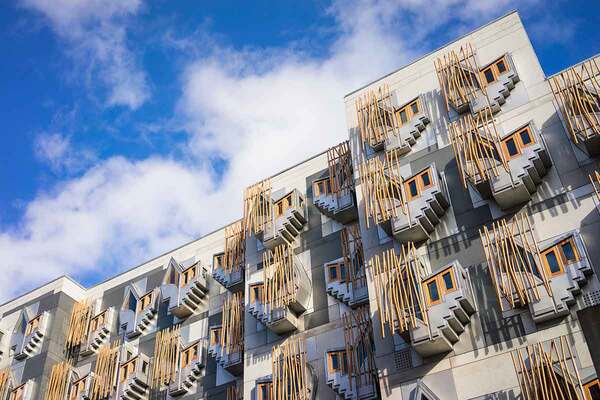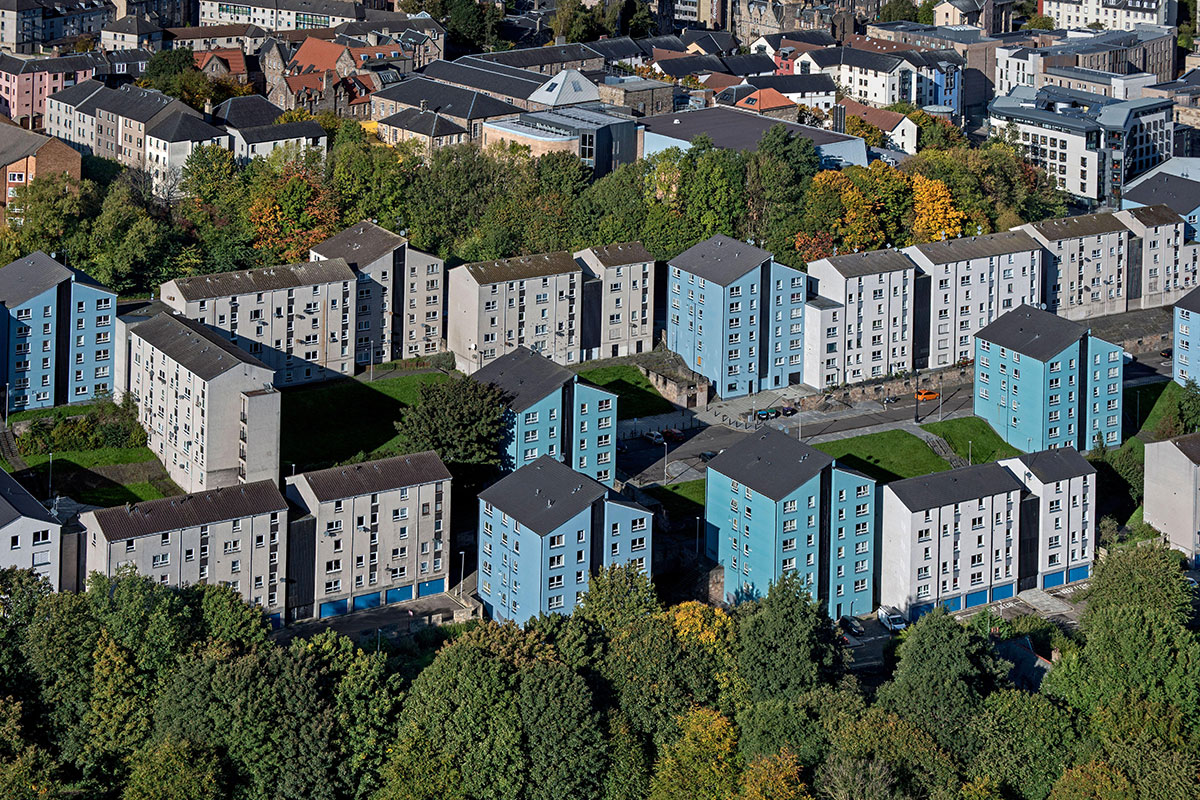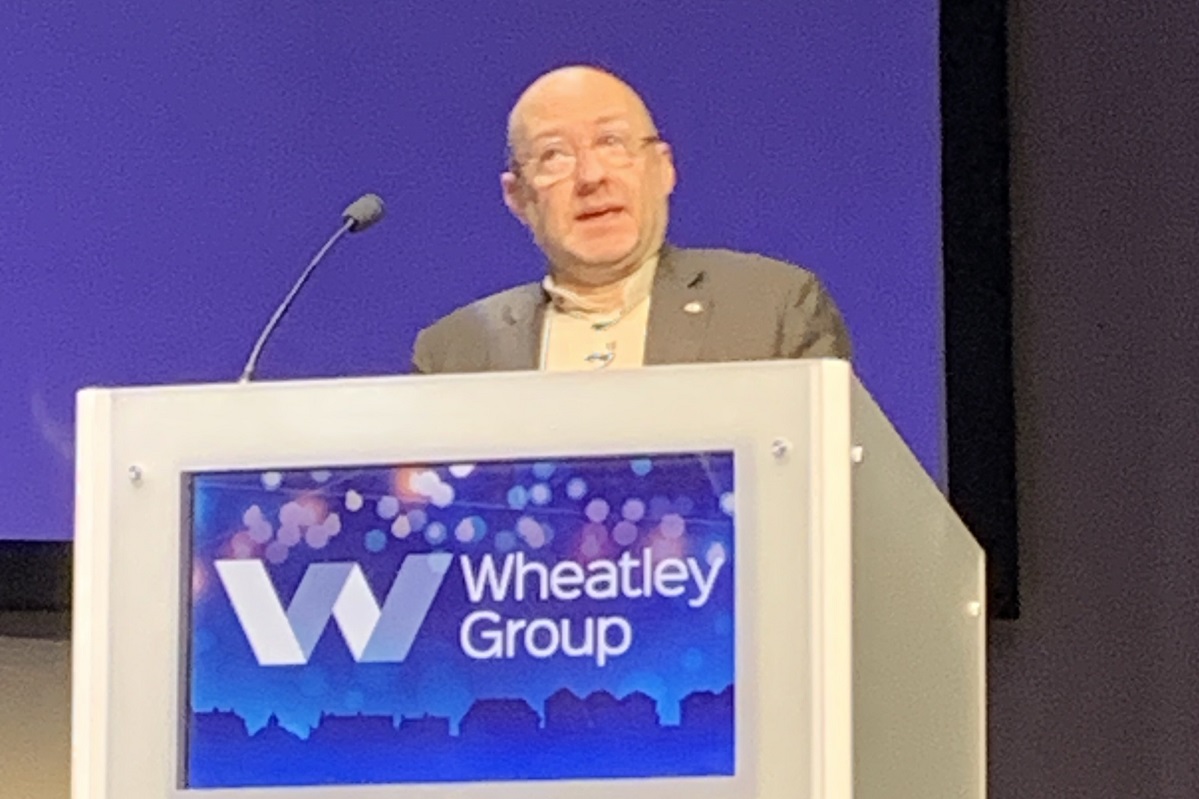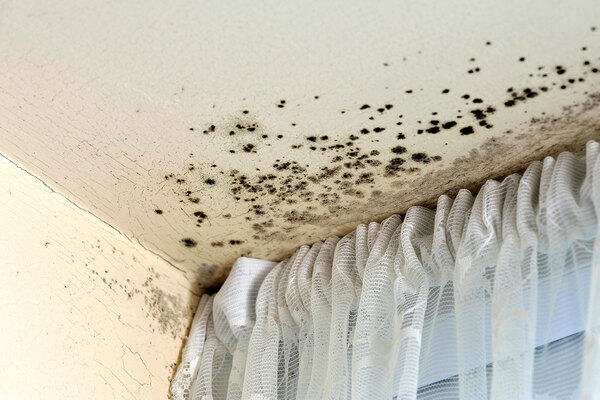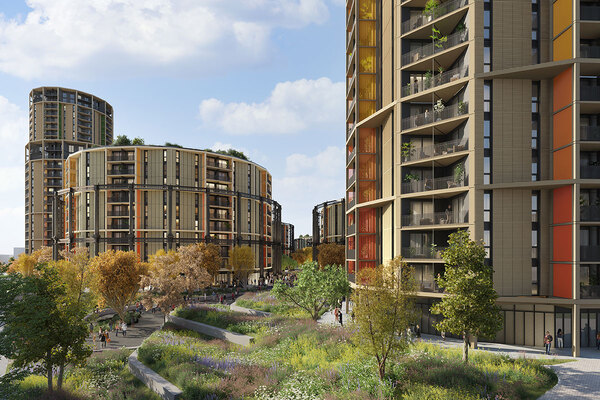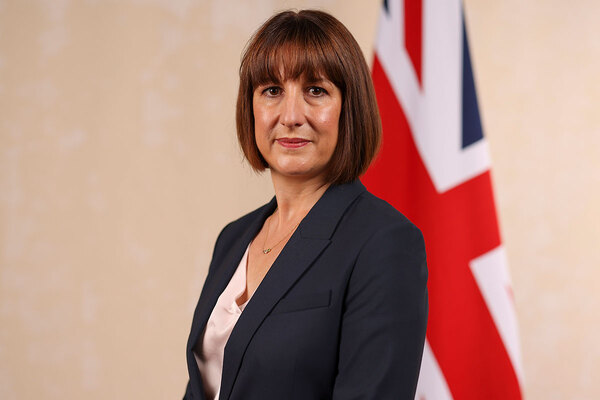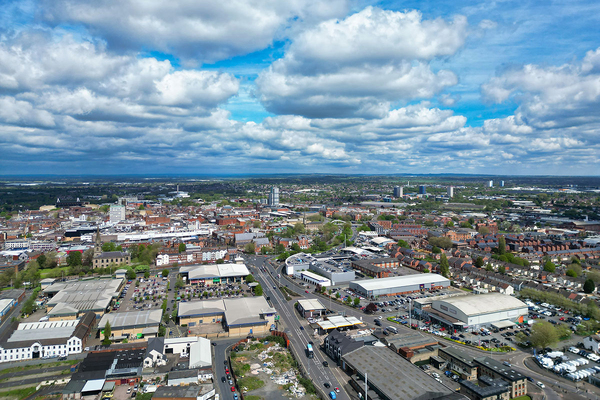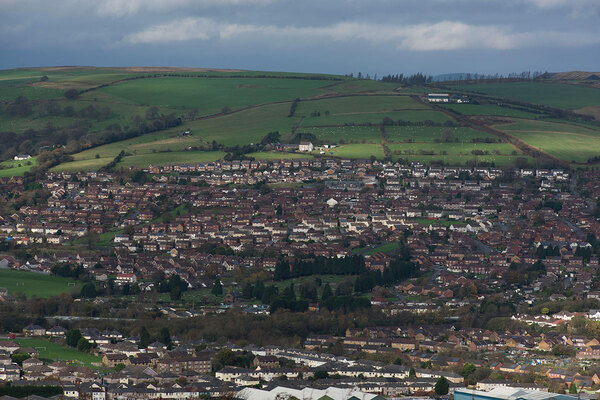Scotland’s biggest housing associations reveal rent increases
Scotland’s largest housing associations have disclosed their plans for annual rent increases, with nearly half raising rents by 5%.
Fourteen of the biggest landlords across Scotland have told Inside Housing the percentage by which they intend to raise rents for tenants for the 2023-24 financial year.
Like councils in Scotland, housing associations must consult tenants before increasing rents.
All the increases are well below the current rate of inflation. Five of the 14 landlords will raise their rents by 5% and two will introduce an average increase of 7%.
This is the same as the vast majority of English housing associations, after the Westminster government set a new rent cap.
One of the landlords, Bield Housing and Care, a specialist provider of housing and support services for older people, will raise its average weekly social rent by around £6.59 per week. The group, which operates 4,356 homes, already has the highest average weekly rent among Scotland’s top 20 landlords – £134.81 – based on the current financial year.
Tracey Howatt, director of customer experience at Bield, said: “The decision to increase rental charges has not been made lightly and is due to the unprecedented cost of living and energy crisis.
“We know this may be a source of worry for some of our tenants and we will be available to discuss, on an individual basis, the funding options along with any concerns they have.”
She added: “Housing associations across the sector are feeling the squeeze from all sides. There is a constant balance in trying to provide affordable rent prices for tenants while ensuring that our specialist retirement developments are sustainable and fit for purpose.”
Scotland’s social landlords are able to increase rents after an emergency rent cap introduced by the government last year ends this month.
Queens Cross Housing Association, which operates around 4,500 homes across Glasgow, is increasing its rents by 7%. As a result, the average weekly rent in a two-bed property will be £93.69 from next month.
During a consultation, tenants were given the option of a 9% or 7% increase, or a below 7% increase, a spokesperson said.
“Following the consultation, our board of management (which is made up of independent board members and community board members) considered the feedback from tenants, which showed that most of those who responded favoured an increase of 7% or more,” the spokesperson said.
“After careful consideration, the board agreed to increase rents by 7%.”
Scotland’s largest housing association group, Wheatley, has three subsidiaries which are among the country’s top 20 biggest housing associations.
By far the biggest is Wheatley Homes Glasgow, which has around 42,000 homes. The average rent increase will be 3.9% (£3.61 per week). In the current financial year, the landlord’s average weekly rent is £90.90, based on the regulator’s figures.
Wheatley Homes South, Scotland’s third-largest housing association, will increase rents by 4.4%, which equates to an extra £3.78 per week.
Link Group, the country’s second-biggest housing association, which has 10,778 properties, is raising rents by 6%. This means the average rent will increase by £5.41 a week, up from £90.86 in the current year.
A Link spokesperson said: “We have to balance rising costs with continuing to improve our homes through our planned maintenance programme, providing support and assistance through money and benefit advice and other tenant support services.
“We would encourage any tenant experiencing financial difficulties to talk to us, so we can collectively find a solution.
“We work with partners on providing money advice on welfare support at free roadshow events; there is also information on budgeting and financial assistance in our tenant newsletters and on our website.”
Castle Rock Edinvar, the trading name of Places for People Scotland, said it was adopting a “flexible range” after its consultation with residents.
Some rents will be frozen, while some will rise by 5.9%.
“Holding some rents at the same level allows us to improve affordability for tenants in some local authority areas where the average income spent on rent is higher than 30%,” a spokesperson said. “Increases in other areas by up to 5.9% allows us to continue to invest in our homes in line with our business plan.”
Scottish Borders Housing Association (SBHA), which has 5,612 homes, is raising rents by 5%. The group said it looked at scenarios “in light of high price increases being experienced, especially in construction-related costs, alongside the impact of various rent increases”.
It added: “Recognising the need to maintain affordable rents for our tenants, especially with the wider impact of the cost of living crisis, the risks and challenges were set out and priorities agreed with SBHA’s tenants organisation.”
Argyll Community Housing Association is raising rents by 6%, while West of Scotland Housing Association is introducing a 5.9% increase.
Kingdom, River Clyde Homes, Caledonia Housing Association and Hanover (Scotland) all told Inside Housing they would raise rents by 5% for the new financial year.
A spokesperson for 8,400-home Sanctuary Scotland said it has been consulting on a 7% increase, but no final decision has been made. However, any increase at Sanctuary will not come into effect until 1 July, the spokesperson added.
Earlier this week, the Scottish Parliament approved a 3% rent cap for private renters and extended emergency protections for tenants.
The measure was approved by members of the Scottish Parliament yesterday as part of a number of changes to the Cost of Living (Tenant Protection) (Scotland) Act.
This means that from 1 April, if a private landlord chooses to increase a tenant’s rent mid-tenancy, the increase will be capped at 3%.
